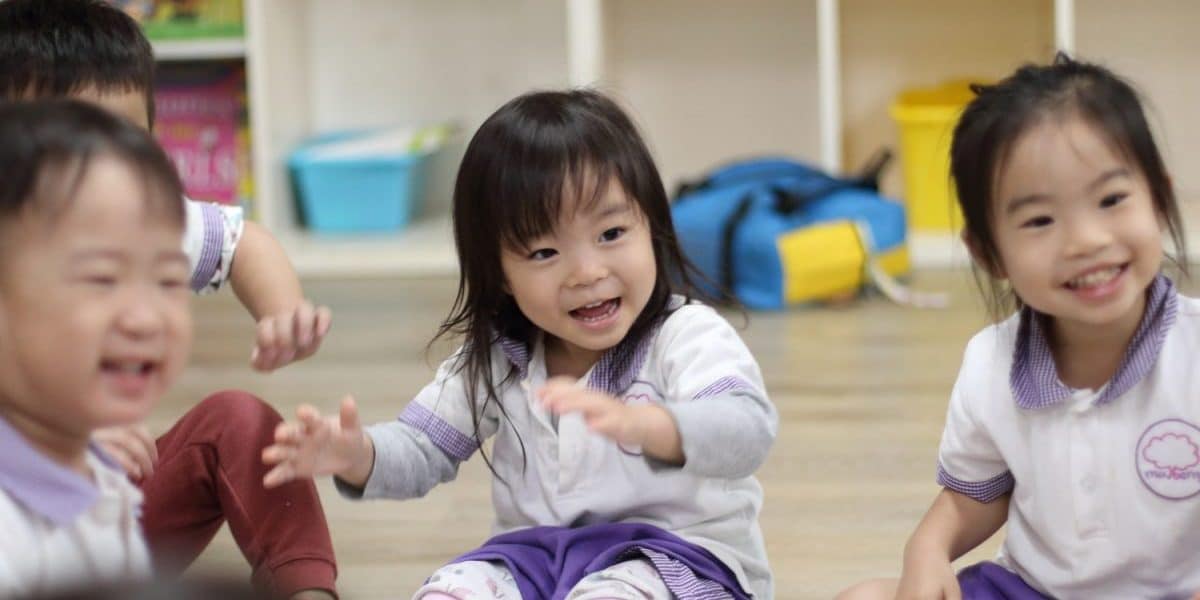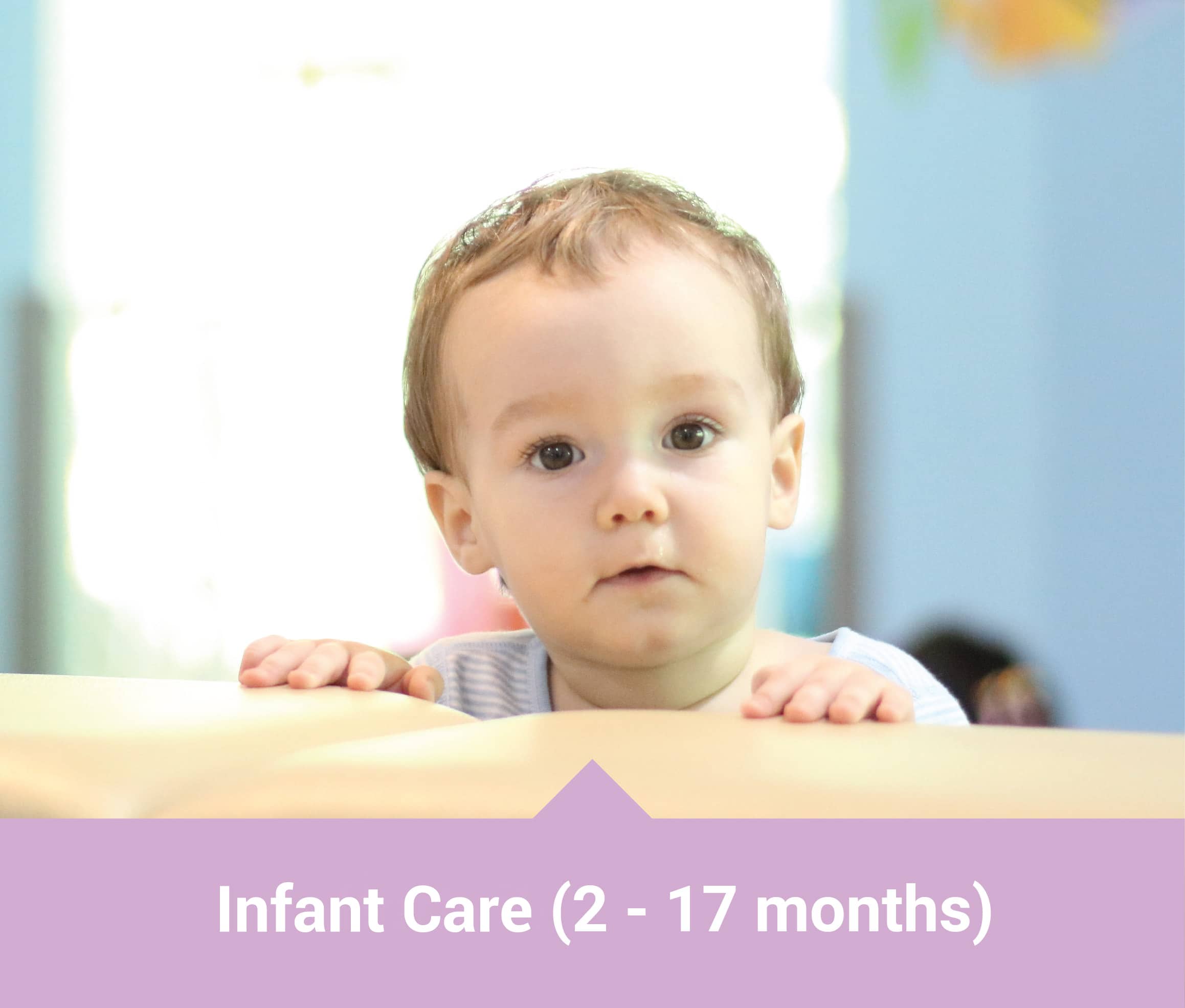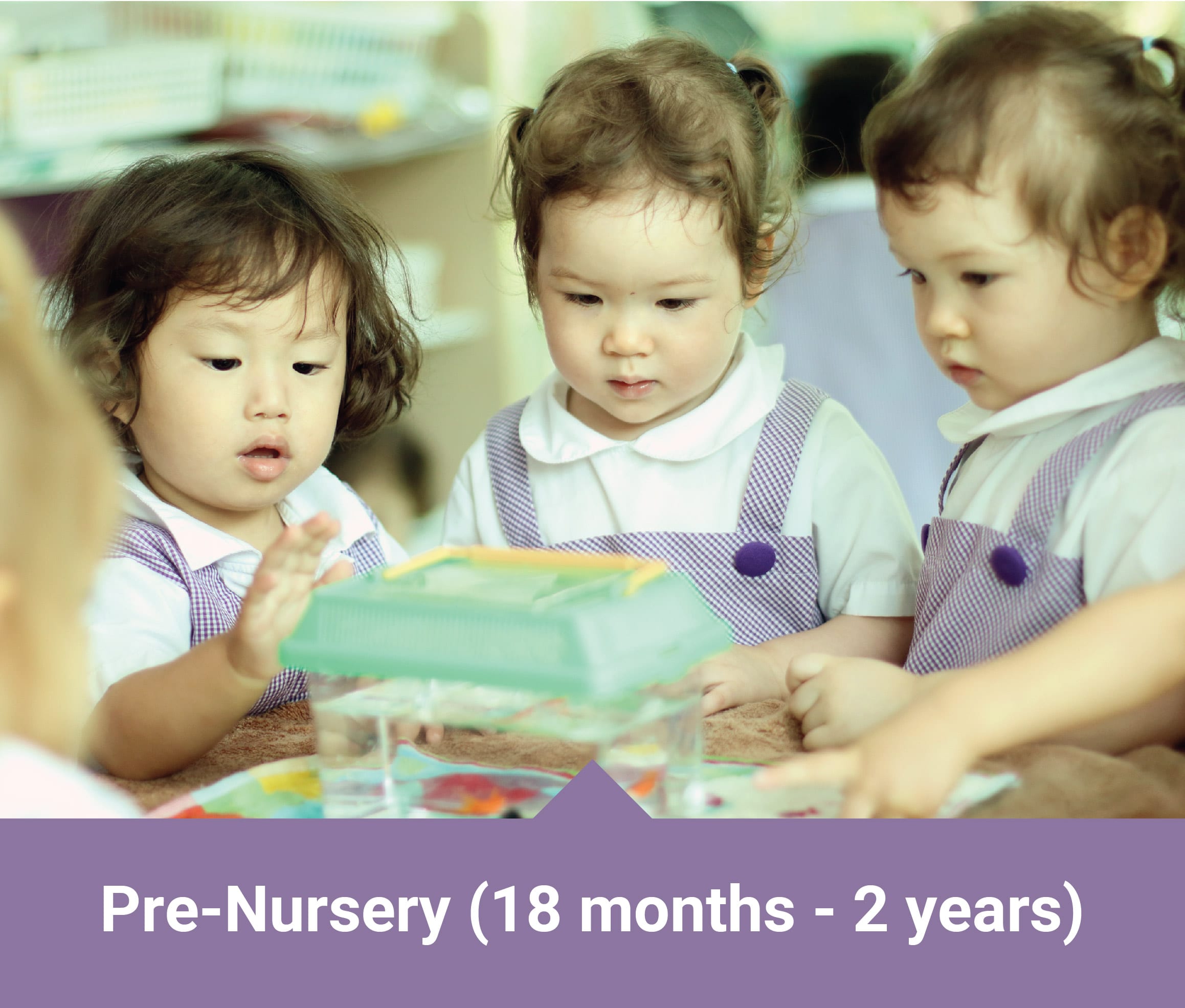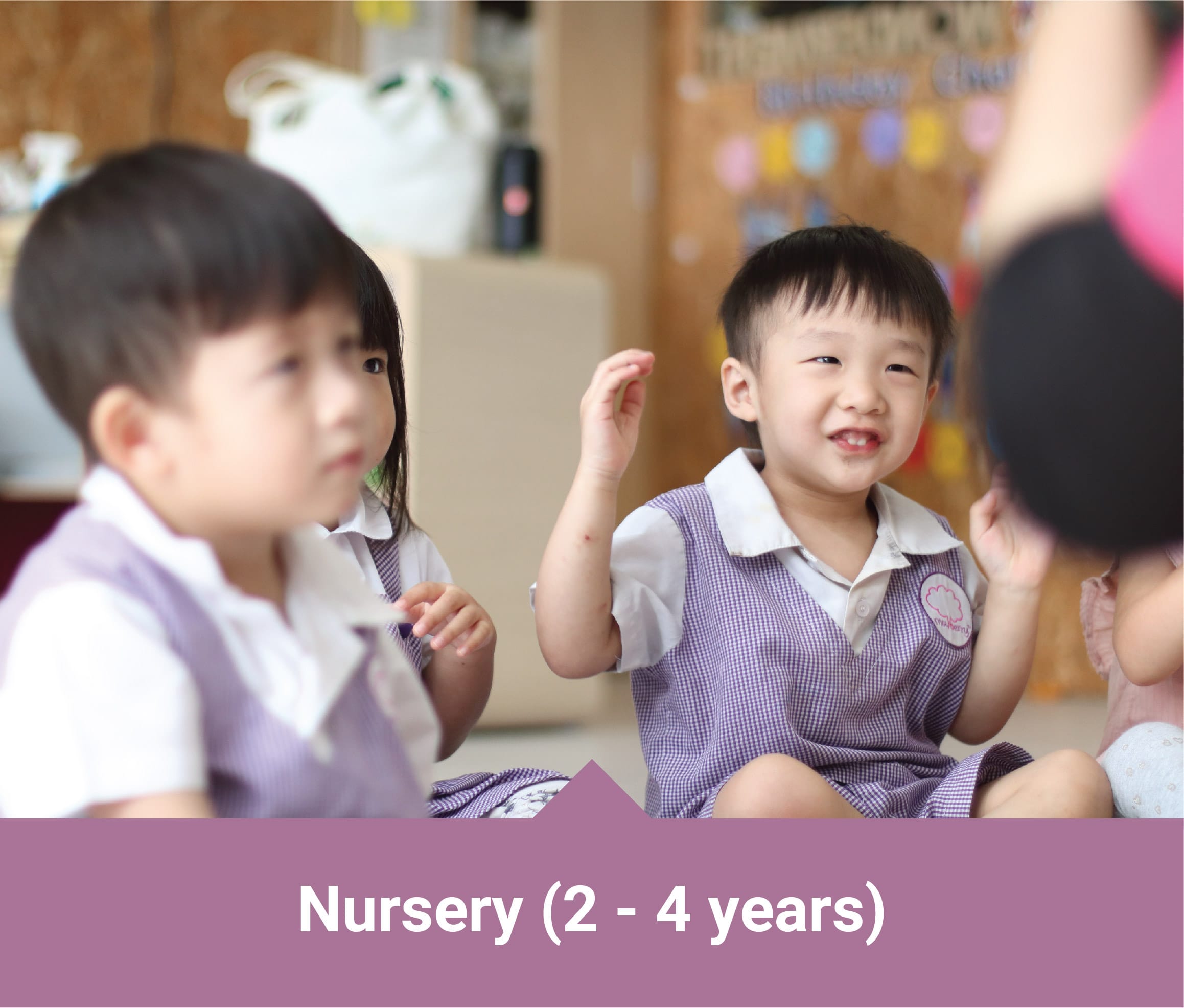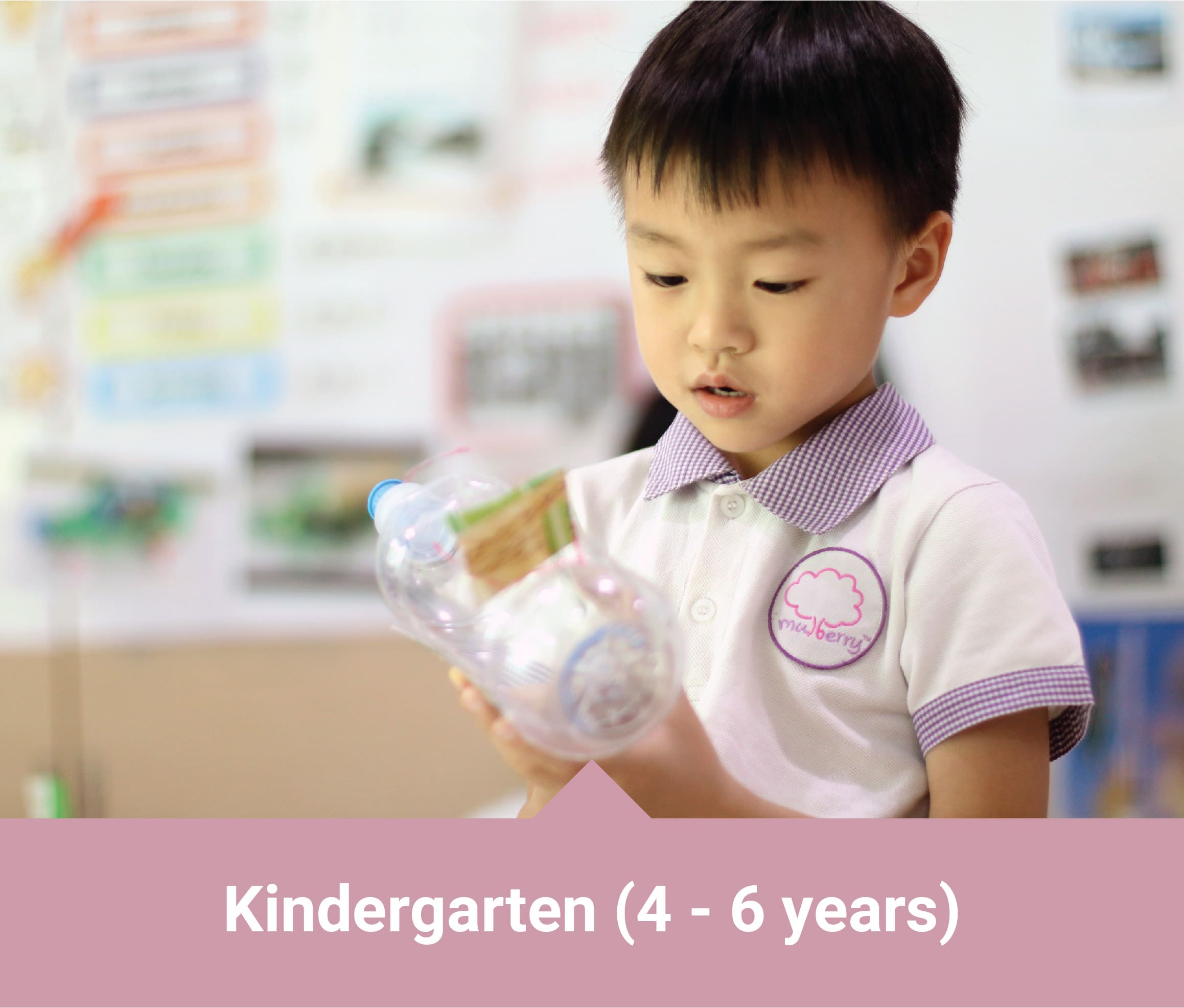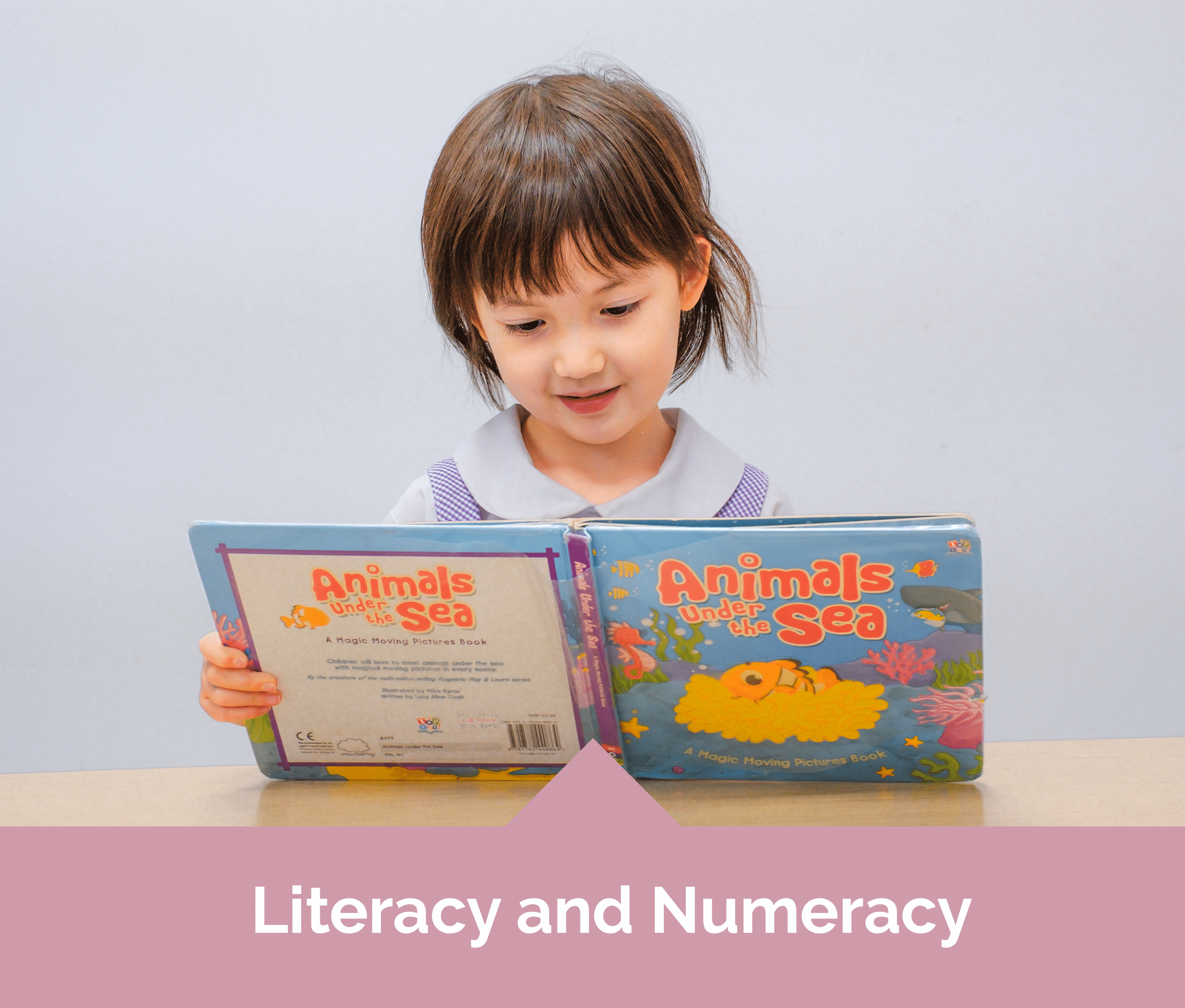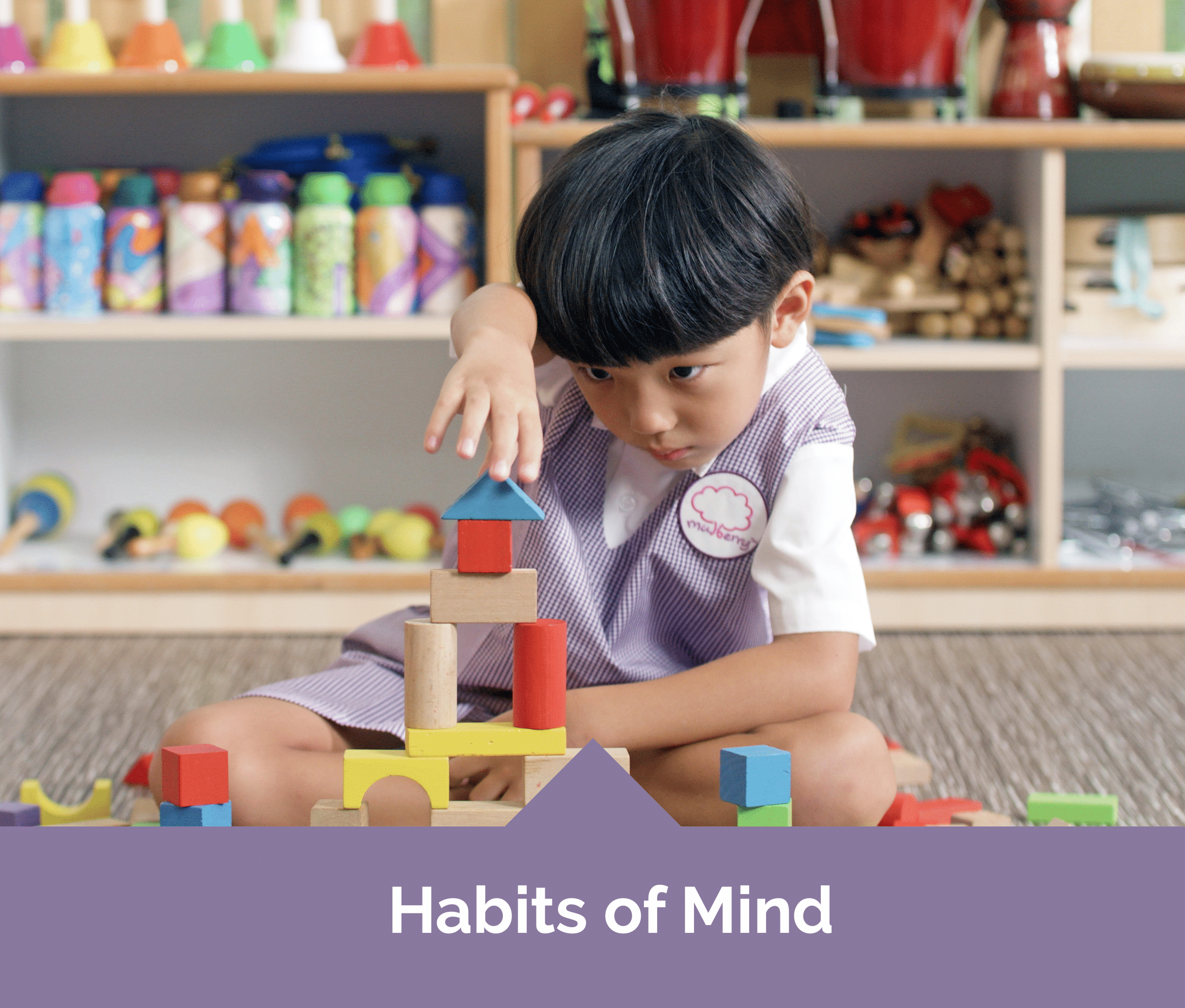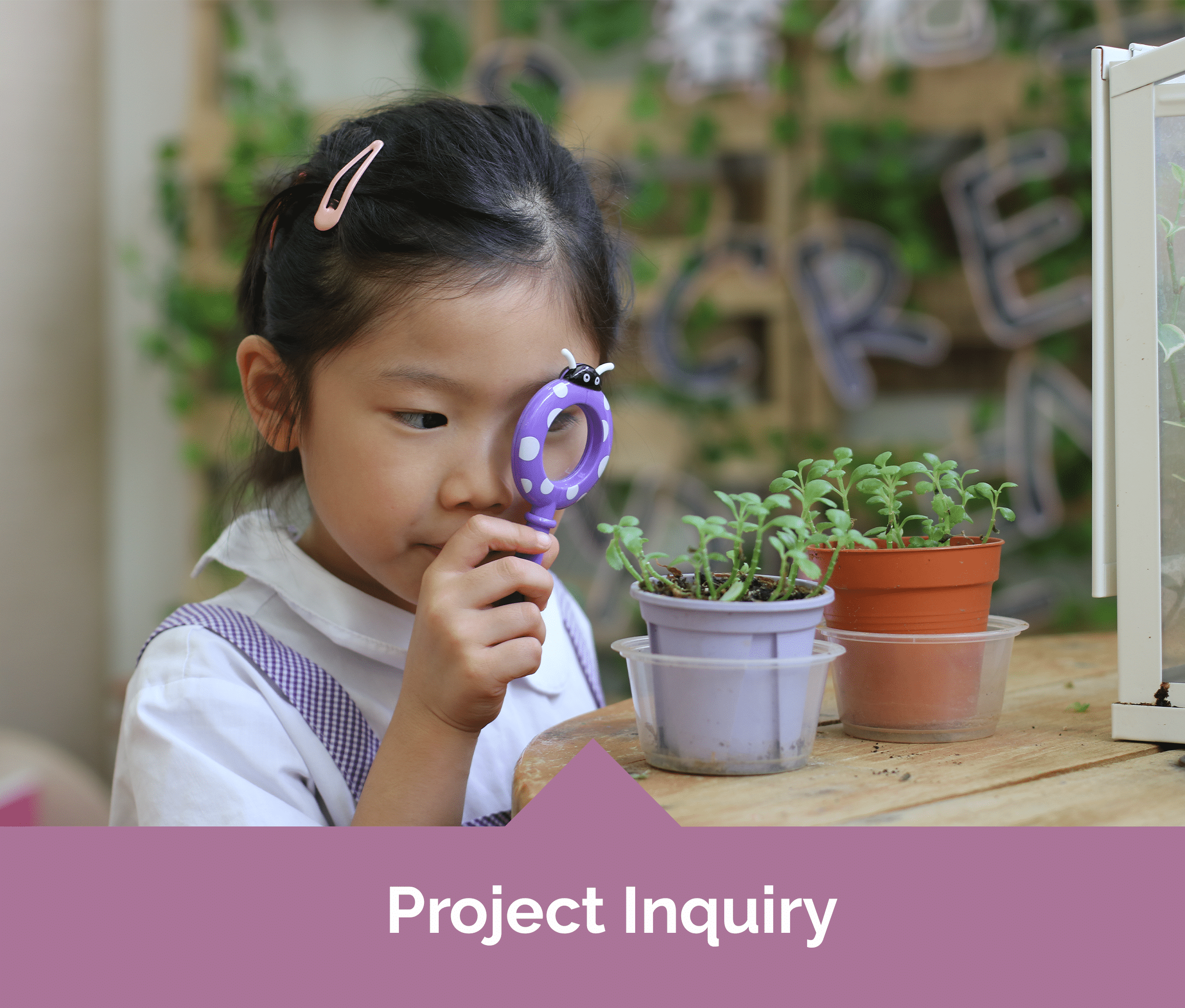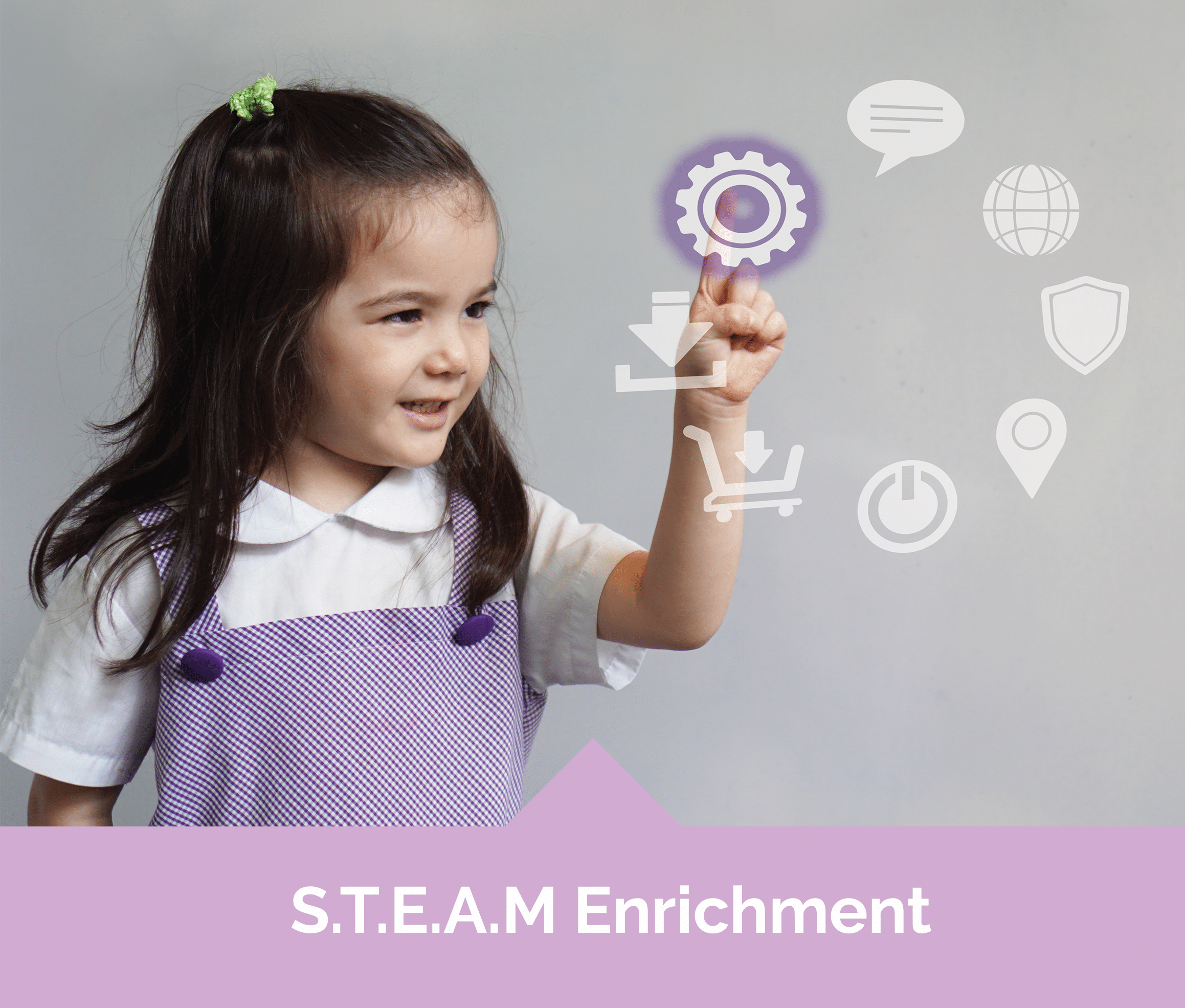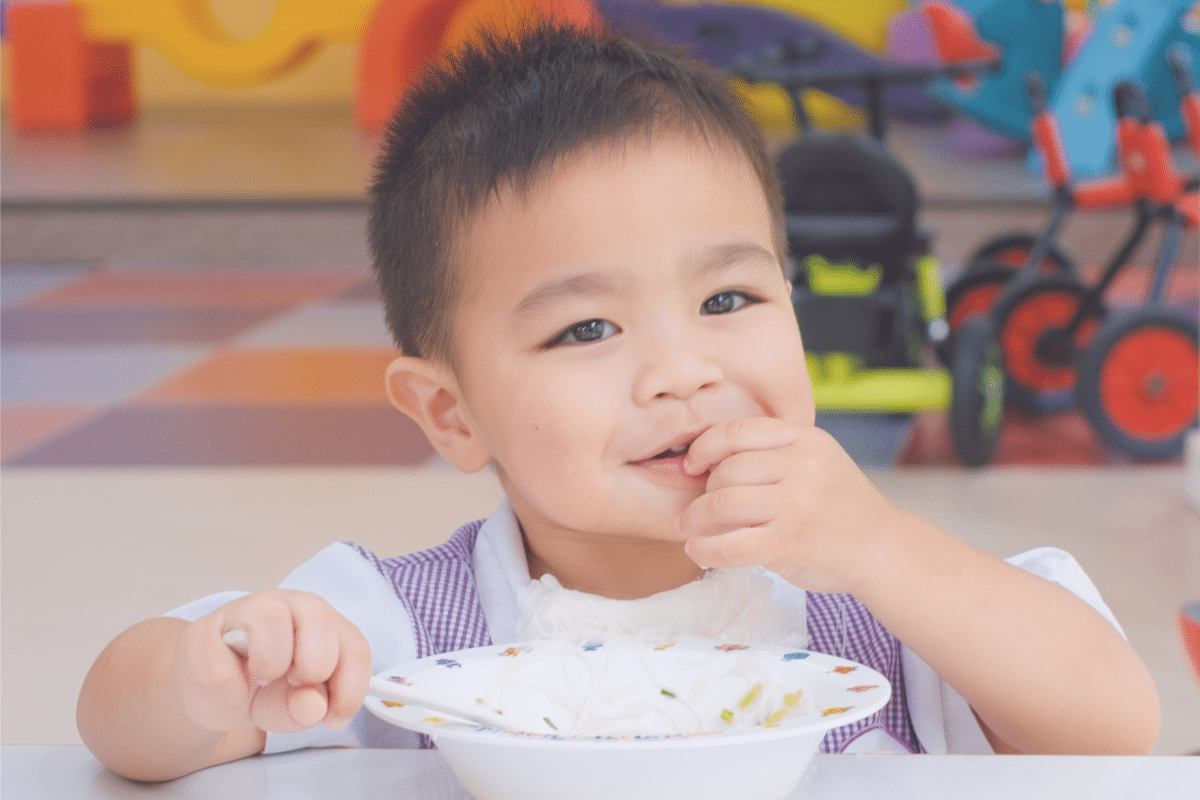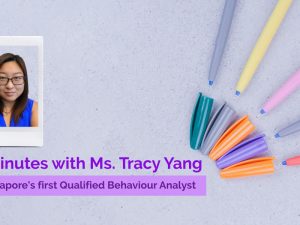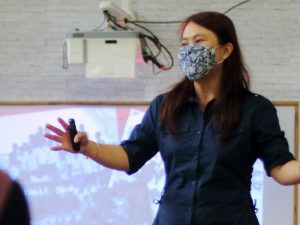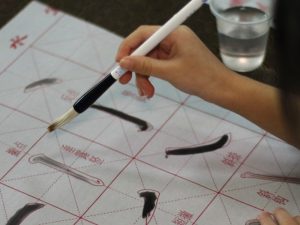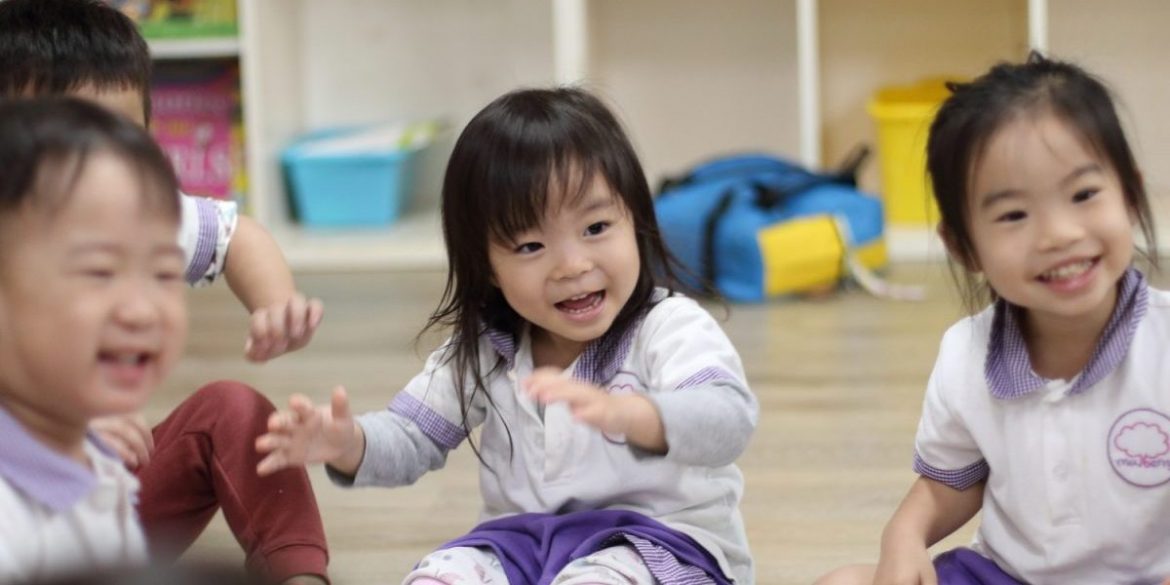
As your child reaches preschool age, the choice between sending them to a Kindergarten or a Childcare centre may arise. Which is better and what is the difference between the two?
For working parents who do not have alternative child care arrangements, be it grandparents, nanny, or a foreign domestic worker, sending your child to a Childcare centre is the default option. But if you do have child care help at home, a tough dilemma may surface.
Read on to find out more about the differences between the two and some factors to consider for an informed decision!
Childcare vs Kindergarten
Age Group
Childcare centres offer early education programmes for children aged 18 months to 6 years covering Pre-Nursery / Playgroup, Nursery 1, Nursery 2, Kindergarten 1 and Kindergarten 2.
Kindergartens, however, may only provide K1 and K2 programmes. That is to say that some kindergarten providers may not have programmes for your child if he or she is not of age.
Length of Programmes
Childcare centres usually provide more diverse services. Most centres provide a full day programme from 7 am to 7 pm so that working parents can be assured that their child is well-taken care of. Some centres also offer half day programmes from 7 am to 1 pm or 1 pm to 7 pm and flexible programmes. For instance, Mulberry Learning @ Tanjong Pagar offers a special Japanese Programme that runs from 7 am to 4 pm.
Kindergartens, however, comprise sessions between 3 to 4 hours each day and typically has two sessions per day. The exact timing may vary from kindergarten to kindergarten.
Mulberry Learning’s proprietary curriculum nurtures the future ready child from 2 years to 6 months old and includes best-in-class pedagogies like Reggio-inspired Project InquiryTM, Habits of MindTM, and Multiple Intelligences.
Curriculum
The diversity of Singapore’s early childhood industry caters to the different needs of children. Childcare and kindergartens have different educational pedagogies with a wide range of teaching and learning approaches.
Childcare centres usually adopt one or more early education approaches. This could be Reggio-Emilia, Montessori, Waldorf, or Multiple Intelligences. Besides teaching children their ABCs and 123s so that they can transit well into formal education, some childcare centres may also highlight the importance of a literacy-rich environment or play-based learning. Learning is also done through a variety of fun and exciting activities as well as enrichment programmes.
Some childcare centres may also offer Chinese-Immersion Preschools that integrates the Chinese language into children’s daily routine to help them be maestros of the language and be effectively bilingual by the age of 6.
Kindergartens programmes generally focus more on preparing the child for Primary 1 in the short 3 – 4 hours each day. Children will also gain exposure in a range of subjects like arts and crafts, music and movement, literacy and numeracy.
Essentially, be it a childcare or a kindergarten, they both seek to prepare children for formal schooling and develop their social and emotional competencies.
Mulberry Learning’s Signature Programmes
Holidays
Childcare centres typically close on Sundays, public holidays, and staff training days. Kindergartens differ in that they follow the same holiday dates as primary schools. This means that kindergartens will close during the 4 school holidays in March, June, September, and November – December.
Meals / Naptimes
Childcare centres will schedule in meals, snack times and nap times for your child. A consistent routine is important and beneficial for young children and their “body-clocks” as it helps them to sleep better at night and eat healthy full meals.
Since kindergartens have shorter class days, they usually do not provide full meals like breakfast and lunch that Childcare centres tend to offer. Instead, light snacks in between lessons are given. Naps are also not factored into the day for kindergartens.
Government Subsidies
Singaporean children who are enrolled in childcare licenced by ECDA are eligible for subsidies on their Childcare fees. The subsidies given are dependent on their parents’ employment status and the programme that they are enrolled in.
These subsidies include a Basic Child Care Subsidy and to provide more relief to eligible lower income families, there is the Additional Child Care Subsidy.
Kindergarten fees are not subsidised but the Kindergarten Fee Assistant Scheme (KiFAS) provides financial assistance for families whose gross monthly household income is $12,000* and below. The KiFAS Start-Up Grant (SUG) is also available for families with monthly household of up to $1,900, which helps to cover the initial costs of enrolling a child in a kindergarten, such as the registration fee, deposit, school uniforms, insurance, education material fee, and supplementary fee.
*Figure is before CPF deduction and includes bonuses, commissions, overtime pay and allowances.
For more information on government subsidies and financial assistance, click here.
Which is better for your child?
Given these differences between Childcare centres and Kindergartens, it is important to choose a learning environment which is best suited to your child’s individual needs. Besides researching on the different curriculum approaches, you’ll probably also want to consider the centre environment, or speak to the principals and teachers, by visiting the preschool in advance.
About Mulberry Learning
Established in 2006, Mulberry Learning is an award-winning Reggio-inspired preschool with 11 locations around Singapore. Mulberry Learning is the world’s first and only preschool network certified by the USA for the Habits of MindTM framework, and its curriculum has been voted as “Singapore’s Best Holistic Learning Programme” for 3 years running by leading parenting publications.
Hear What Parents Say
Exclusive Promotion
Book a virtual tour with Mulberry Learning to find out how its award-winning curriculum can help prepare your child for his or her Primary years and beyond! Explore our beautifully crafted Reggio-inspired learning spaces from the comfort of your own home with our Virtual School Tours!


